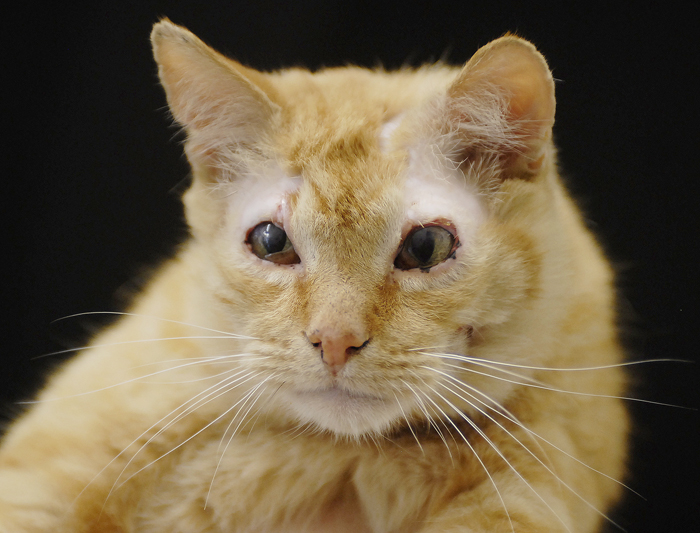SOUTH WINDHAM – According to the American Veterinary Medical Association, more than 63 percent of U.S. households have a pet.
Here in Maine, that number reaches 70 percent — the sixth-highest rate of pet ownership in the country.
For many of us, pets are our companions, our protectors, our stress relievers, members of our armed forces, our exercise partners, our rescuers, our friends — they are members of our families.
There are millions of animals, however, that are not so lucky. The Humane Society of the United States estimates that animal shelters care for 6 million to 8 million dogs and cats every year that have either been seized or relinquished from abusive and neglectful situations.
Research has found that lack of understanding about the humane treatment of animals from an early age is partly to blame. Through access to humane education, it is possible to stop the cycle of animal abuse and neglect, and prevent another dangerous outcome: violence toward humans.
Studies have shown that there is a direct correlation between animal abuse and crime in this country.
According to The American Humane Association — a national organization protecting children, pets and farm animals from abuse and neglect — 71 percent of pet-owning victims of domestic violence reported that their abuser had abused, killed or threatened family pets.
Thirty-two percent reported that their own children began hurting or even killing animals as a result of living in that environment.
In another study of the connection between criminals and animal abusers, 70 percent of individuals who had abused animals also had records for other crimes.
Psychological, sociological and criminological research consistently demonstrates that childhood and adolescent histories of animal abuse are present in violent offenders.
The American Psychiatric Association even considers animal cruelty one of the diagnostic criteria of conduct disorder, a group of socially unacceptable behaviors characterized by aggression and a lack of ability to follow rules, which is highly treatable if diagnosed at an early age.
What can we do?
Some of the most important work that animal protection and rescue organizations accomplish is the establishment of humane education programs for children in their communities.
Humane education aims to cultivate the natural human emotions of compassion and responsibility in children, so that from an early age they understand the basic care required by all animals, large and small, as well as their emotional needs. This type of education prepares children to live productive lives while respecting humans, animals and the environment.
The best programs provide children with accurate information about the issues facing our world, and aim to promote respect and personal responsibility in everyday actions, especially in caring for animals.
Decades of studies show that this type of education instills compassion and empathy in children — emotions that help them relate and interact peacefully with humans and animals throughout their lives.
Given the lack of a universal humane education curriculum in our schools, animal rescue organizations have stepped up by offering programs and workshops for children at their facilities and by visiting schools and clubs to expose children to the impact they have on other creatures and living things.
For many children trapped in a cycle of abuse and violence at home, these programs may be the only exposure they have to learning how to respect and practice empathy toward animals.
It is vitally important to support local shelters and humane societies so they can continue this important and greatly needed service to our children, our animals and our communities.
Copy the Story Link
Send questions/comments to the editors.



Success. Please wait for the page to reload. If the page does not reload within 5 seconds, please refresh the page.
Enter your email and password to access comments.
Hi, to comment on stories you must . This profile is in addition to your subscription and website login.
Already have a commenting profile? .
Invalid username/password.
Please check your email to confirm and complete your registration.
Only subscribers are eligible to post comments. Please subscribe or login first for digital access. Here’s why.
Use the form below to reset your password. When you've submitted your account email, we will send an email with a reset code.